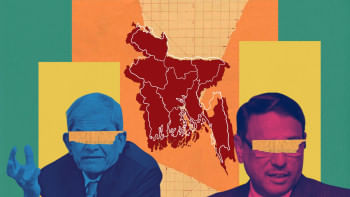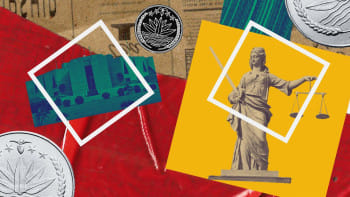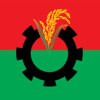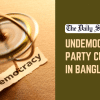A refreshing message of political inclusivity

We are heartened by the message given by BNP Secretary General Mirza Fakhrul Islam Alamgir who, in an interview with the UNB news agency, voiced support for Awami League's right to exist as a party and participate in elections. "Why should the Awami League be excluded from the polls if we truly want democracy? If an old political party like the Awami League wants to participate in the polls, people should have the chance to determine their fate," he said. He also suggested that the tendency to ban parties from the political processes comes from a "flawed" understanding that is neither right nor practical, referring to past attempts in Bangladesh and elsewhere.
This is a refreshing gesture that contrasts sharply with the deeply entrenched culture of exclusion and political revenge that has long characterised our politics. One may recall how ruling parties in the past, not excluding BNP, often used state machinery and bellicose rhetoric to undermine opposition voices. In fact, it was Awami League that led a sustained campaign of political subjugation throughout its 15-year rule. It is too early to say if BNP's public support for Awami League's democratic rights means the beginning of a departure from that tradition. But its message of inclusivity and reconciliation is something that the country needs at the moment.
That said, we do hope that BNP will take this positivity beyond public statements. To truly fulfil the democratic aspirations of the people and credibly support the ongoing reform drive by the interim government, it is crucial that political parties embrace internal reforms to help crystalise their visions for the country. Because, without building a political system that is responsive, accountable, and reflective of people's desires, state reforms—no matter how radical—cannot bring about much change. And BNP, as the leading party in the country now, has a major role to play in this.
BNP has yet to share a roadmap for internal party reforms in tune with the spirit of the mass uprising. Since August 5, we have come across multiple reports on how BNP-affiliated leaders, activists and professional groups attempted to take over various establishments, businesses, and sectors formerly occupied by their Awami League counterparts, fueled by their confidence that the party is returning to power. That is a troubling development, mirroring corrupt and authoritarian tendencies from the past. The challenge for BNP then is to differentiate itself from the regime it helped to topple, which it can do by undertaking internal reforms and building a political consensus for the broader changes necessary to strengthen our democratic institutions.
Ultimately, its ability to embrace and implement political reforms will be the true test of its commitment to a better, more democratic Bangladesh. That goes for all other political parties as well.


 For all latest news, follow The Daily Star's Google News channel.
For all latest news, follow The Daily Star's Google News channel. 











Comments